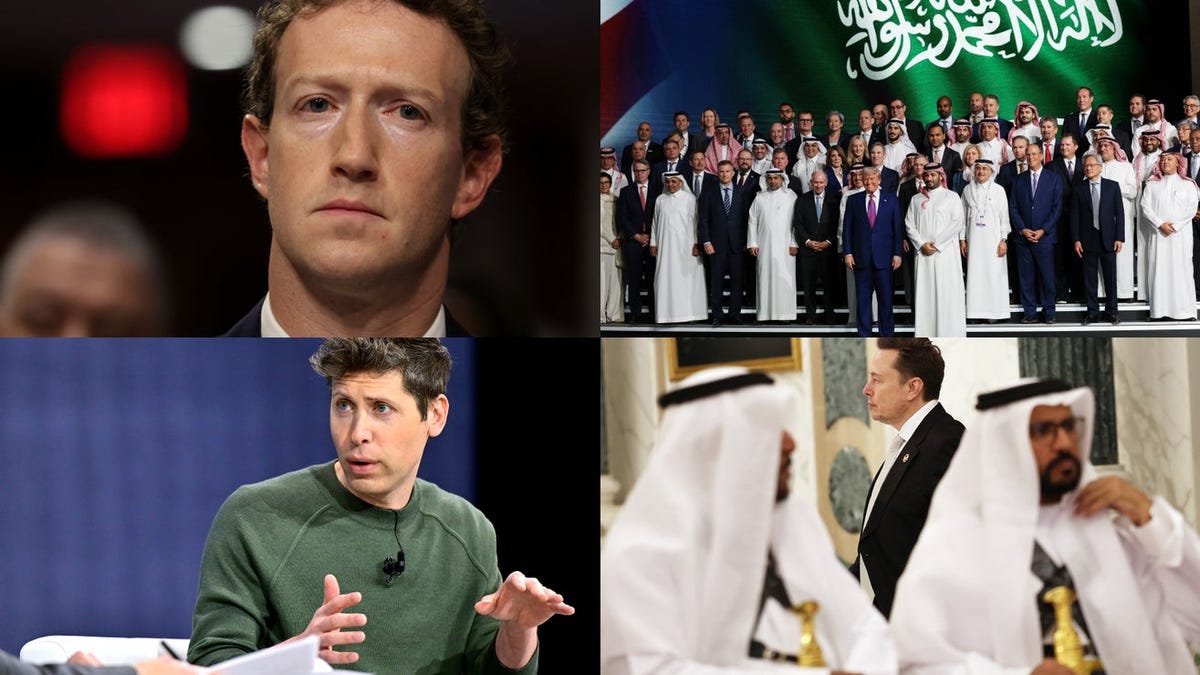Northwestern undergraduate and graduate students placed third for their proposed solution to cervical cancer in Kenya at the Emory Global Health Case Competition on March 29.
A team of Northwestern students advised by Feinberg Prof. Amelia Van Pelt placed third at the Emory Morningside Global Health Case Competition in late March.
Each year, teams composed of undergraduate and graduate students compete to develop solutions for a certain global health issue. NU was one of 28 universities from six continents to compete at this year’s competition, which focused on cervical cancer in Kenya. Starting March 20, the teams spent eight days working together to develop their solution before presenting it March 29.
First-year Feinberg student Rebecca Marcus, a member of NU’s team, said it is important to understand a country’s culture when developing solutions to health problems. For example, she said, the Maasai, a nomadic people in Kenya and Tanzania, often distrust the medical system and have limited access to medical care.
“Public health issues rarely have a ‘one-size-fits-all’ solution, and cervical cancer in Kenya is no exception,” Marcus said. “To create a successful intervention, it is important to recognize the unique needs and cultural norms of different populations and adapt your strategy to be appropriate in each scenario.”
Weinberg sophomore Erika Ruiz-Yamamoto, another member of NU’s team, said the team’s solution incorporated screening via home swab testing and mobile clinics, the use of AI to assess visual symptoms for triage and follow-up appointments based on medical records to meet these needs. The group named its solution “Afya Yetu,” which translates to “Our Health” in Swahili.
Despite the short time the team had to prepare its solution, the team’s multidisciplinary approach helped them succeed. Ruiz-Yamamoto said she developed the project’s approach to community engagement and education, while one team member focused on plans for deploying mobile health clinics for cervical cancer in Kenya, and another handled the finances.
Marcus said she valued the new skills she learned and the interactions she had for the team’s contest preparation.
“We were all able to work on the areas we felt strongest in, while also learning from our teammates and their expertise,” Marcus said. “The give and take of a multidisciplinary team is truly an incredible feeling, and it helps get you out of the silo you may find yourself in while completing your degree.”
The competition’s challenge statement highlighted the World Health Organization’s multifaceted strategy for eliminating cervical cancer, which includes vaccination for HPV, screening women for the disease and treating those with positive test results.
Ruiz-Yamamoto attributed the team’s third place performance to the members’ strong teamwork and overall diligence — including meeting for hours at a time while preparing — and their solution’s adaptability, cost-effectiveness and focus on community involvement.
“We implemented a robust campaign that focused heavily on education and close collaboration with local leaders,” Ruiz-Yamamoto said. “Our solution was affordable and unique in opportunities for revenue generation and sustainability.”
Both Ruiz-Yamamoto and Marcus said they would encourage other students interested in global health or related topics to participate in contests like this.
For Ruiz-Yamamoto, the competition helped her learn skills from her peers including the process of writing executive summaries, dissemination approaches to stakeholders, implementation strategies and avenues for revenue generation.
She added that the competition’s time crunch mirrored the rapid response necessary to address real world global health problems.
“There are so many angles through which public health can be approached,” Marcus said. “Even if you don’t see public health as your career, the skills you can learn in project management, teamwork and communication are invaluable aspects of the case competition.”
Email: [email protected]
Related Stories:
— Engineering seniors work to improve the healthcare system while studying abroad in South Africa
— Q&A: Anthropology Prof. Sera Young discusses her research with water, global health
— Letter to the Editor: Expanding Northwestern’s Vision for Global Health









 English (US) ·
English (US) ·